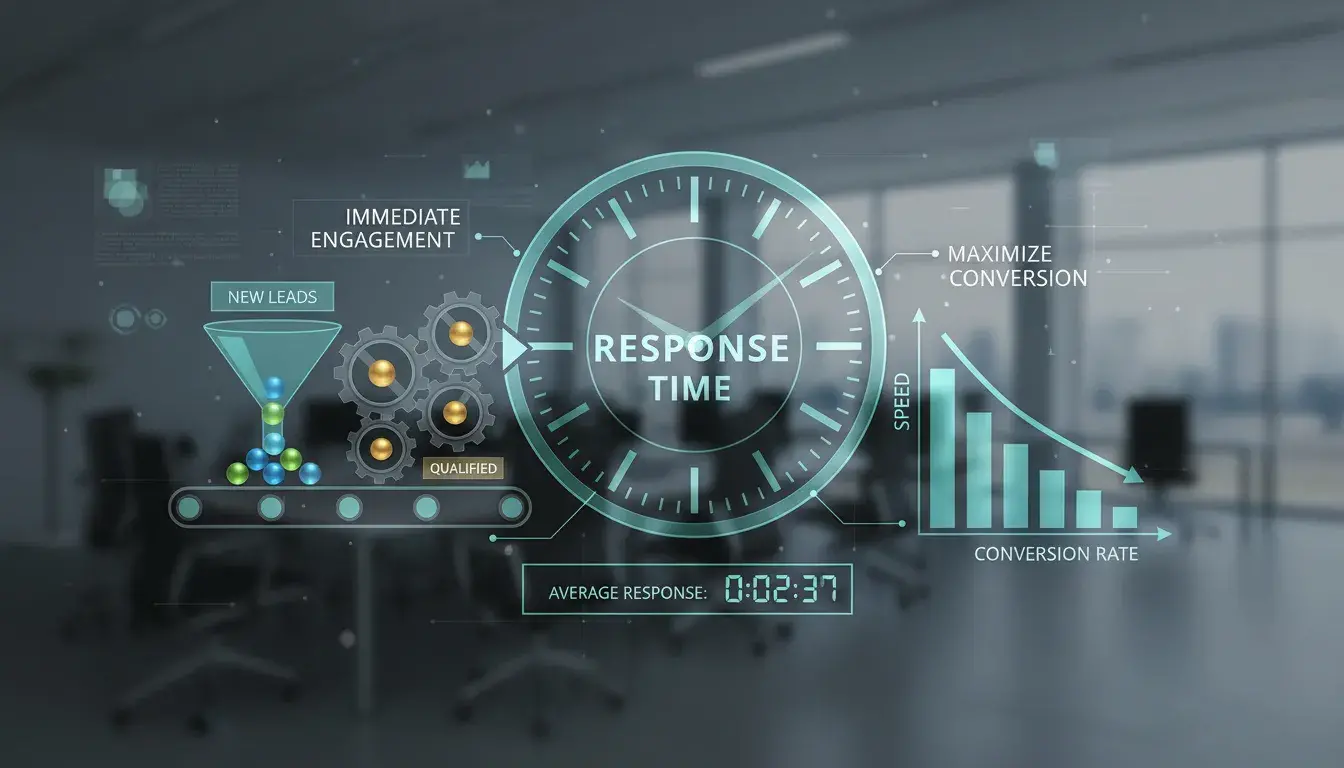Crisis Management: How Virtual Assistants Become Your Business Lifeline During Emergencies
For first class professional & administrative support for your business

When crisis strikes, your business response can make or break your recovery.
Virtual assistants have become essential partners in modern crisis management, offering the agility and expertise that businesses desperately need during emergencies. Here’s how they’re transforming crisis response across industries.
Why Virtual Assistants Excel in Crisis Management
Virtual assistants bring unique advantages to emergency situations. Unlike traditional staff who might be affected by local disruptions, VAs can mobilise instantly from anywhere in the world. They’re unaffected by office closures, transport issues, or regional emergencies that could impact your on-site team.
The speed of VA deployment is crucial. When a crisis hits, they can be activated within hours, providing immediate support whilst your leadership focuses on strategic decisions. This rapid response capability can prevent minor issues from escalating into major disasters.
Essential Crisis Management Functions VAs Provide
Communication Management
Effective communication is the backbone of crisis management. Virtual assistants excel at managing multiple channels simultaneously, ensuring stakeholders receive timely, accurate information. They can establish communication protocols, create message templates, and maintain consistent messaging across all platforms.
Their ability to work across time zones means communication never stops. This prevents dangerous information vacuums that can escalate anxiety and confusion during critical moments.
Stakeholder Coordination
During emergencies, businesses must juggle relationships with employees, customers, suppliers, investors, and regulators. VAs create and maintain stakeholder databases, coordinate outreach efforts, and track responses to ensure no critical relationship is neglected.
This systematic approach prevents the oversight that commonly occurs under pressure, implementing follow-up systems and maintaining detailed interaction records for post-crisis analysis.
Documentation and Crisis Logging
Accurate documentation is essential for legal compliance, insurance claims, and learning from the experience. Virtual assistants maintain detailed crisis logs, document decision-making processes, and create comprehensive reports capturing the full scope of emergency response.
This documentation serves multiple purposes: providing data for post-crisis analysis, identifying improvement areas, and creating historical records for future planning.
Resource Coordination
VAs quickly assess available resources, identify gaps, and coordinate procurement of emergency supplies or services. Their vendor networks and relationships prove invaluable when traditional suppliers are overwhelmed or unavailable.
Technology That Makes It Work
Modern virtual assistants leverage sophisticated platforms enabling seamless emergency collaboration. Video conferencing, instant messaging, and collaborative workspaces keep crisis teams connected regardless of location.
VAs utilise advanced project management systems to track progress, assign responsibilities, and ensure nothing falls through the cracks. These systems provide real-time visibility into response efforts, enabling informed decision-making about resource allocation.
They also implement monitoring systems tracking key performance indicators during crises, from website traffic and social media sentiment to operational metrics and financial impacts.
Industry-Specific Applications
Healthcare
Healthcare VAs provide specialised support for patient communication, regulatory compliance, and coordination with emergency services. They understand strict regulatory requirements and help ensure responses meet compliance standards whilst maintaining patient safety.
Financial Services
Financial services VAs support fraud response, system outages, and regulatory investigations. Their immediate response capability prevents minor issues from causing major market disruptions or regulatory violations.
Technology Companies
Tech-focused VAs provide immediate support for cybersecurity incidents, system failures, and data privacy breaches. Their technical expertise ensures responses are both effective and technically sound.
Retail and E-commerce
Retail VAs manage inventory issues, customer communication, and vendor coordination during supply chain disruptions or PR challenges, maintaining customer satisfaction whilst addressing underlying problems.

Building Your Virtual Crisis Team
Successful virtual crisis response requires clear structure and well-defined roles. VAs can serve as communication specialists, research analysts, project coordinators, or technical support specialists. The key is matching skills with specific needs.
The flexible nature of VA relationships allows organisations to scale teams up or down based on emergency severity. This scalability ensures efficient resource allocation whilst maintaining capability for major crises.
Measuring Effectiveness
Key performance indicators for VA crisis support include response time, stakeholder satisfaction, communication accuracy, and overall resolution time. Regular measurement helps organisations understand relationship value and identify improvement areas.
The cost-effectiveness becomes apparent when comparing expenses of maintaining full-time crisis staff versus accessing specialised expertise on demand. This analysis supports budget allocation decisions and justifies VA investment.
Future of Virtual Crisis Management
Artificial intelligence integration is creating new possibilities. AI-powered tools help predict crises, automate routine tasks, and provide real-time situation analysis. VAs who leverage these technologies become increasingly valuable.
Emerging communication technologies enable more sophisticated crisis strategies, whilst global coordination capabilities become essential as businesses expand internationally.
Making It Work for Your Business
The key to successful VA crisis management lies in preparation. Establish clear protocols, maintain updated contact lists, and conduct regular training exercises. When emergencies occur, response efforts will be smooth and coordinated.
Consider your industry-specific needs and choose VAs with relevant experience. Healthcare organisations need VAs familiar with medical regulations, whilst tech companies require cybersecurity expertise.

Conclusion
The investment in VA crisis capabilities represents more than emergency preparedness—it’s a commitment to resilience and adaptability. In an era of constant change, virtual assistants provide the flexibility and expertise businesses need to not just survive crises, but emerge stronger.
Don’t wait for the next emergency to test your crisis management capabilities. Build relationships with experienced virtual assistants now, establish clear protocols, and ensure your business is prepared for whatever challenges lie ahead.
Our most recent posts
Virtual PA Services offers a wealth of useful information related to its services. We have prepared several articles that might help you to make the right decision when it comes to hiring a Virtual PA.

How Virtual PA Support Can Transform HVAC & Air Conditioning Businesses in Greater Manchester
The HVAC and air conditioning sector in Greater Manchester is experiencing sustained growth. Commercial development across Manchester’s business districts, stricter…

The ‘Inquiry-to-Invoice’ Audit: Is Your Admin Leaking Profit?
You may spend thousands on marketing to get the phone to ring or the inbox to ping. However, if your…

Stop Chasing Invoices: How Your Virtual PA Can Solve the UK's Late Payment Crisis for Your Small Business
The UK’s late payment crisis is not just a business inconvenience; it is a fundamental threat to the operational health…